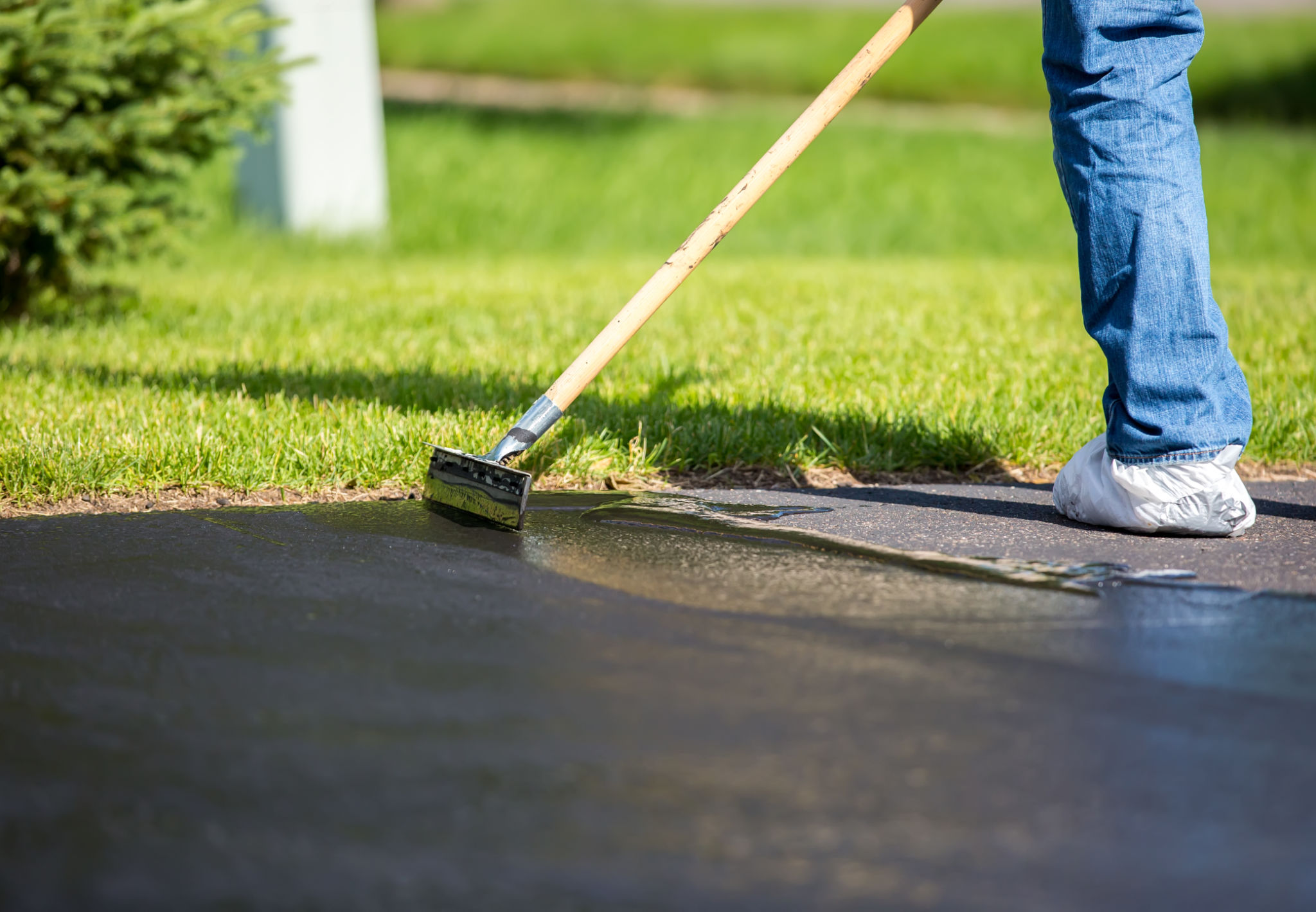Block Paving vs. Tarmac Driveways: Which is Right for Your Home?
PP
Understanding Block Paving Driveways
Block paving driveways are a popular choice for homeowners looking to enhance the curb appeal of their property. This type of driveway consists of individual blocks or bricks laid in intricate patterns, offering both aesthetic appeal and durability. Block paving is available in a variety of colors, textures, and styles, allowing for a high degree of customization.

One of the main advantages of block paving is its flexibility. The individual blocks can be removed and replaced with ease, making repairs straightforward and cost-effective. Additionally, the porous nature of block paving allows water to drain away naturally, reducing the risk of flooding.
Advantages of Block Paving
There are several benefits to choosing block paving for your driveway:
- Customization: A wide range of colors and patterns to match your home’s aesthetic.
- Durability: With proper maintenance, block paving can last for decades.
- Easy Repair: Individual blocks can be replaced without affecting the entire driveway.
Tarmac Driveways: A Practical Option
Tarmac driveways, also known as asphalt driveways, are another common choice among homeowners. Tarmac is known for its smooth finish and is often seen as a more traditional option. It is particularly popular due to its relatively low cost and quick installation time compared to other materials.

The material used in tarmac driveways is highly durable, making it an excellent choice for areas with heavy vehicle traffic. Tarmac is also resistant to weather conditions such as rain and snow, which can be a significant advantage in climates with extreme weather.
Benefits of Tarmac Driveways
Tarmac driveways offer several advantages:
- Cost-Effective: Generally cheaper to install than block paving.
- Quick Installation: Can be laid relatively quickly, minimizing disruption.
- Weather Resistance: Performs well under various weather conditions.
Considering Maintenance and Longevity
Both block paving and tarmac driveways require maintenance to ensure longevity. Block paving requires regular cleaning and occasional resealing to maintain its appearance and functionality. Weeds can grow between the blocks, so periodic weeding may be necessary.

Tarmac driveways, while low-maintenance initially, may require periodic resurfacing to address cracks and potholes that can develop over time. Sealcoating can help extend the lifespan of a tarmac driveway by protecting it from the elements.
Making Your Decision
The decision between block paving and tarmac driveways ultimately comes down to personal preference, budget, and the specific needs of your property. If you prioritize aesthetics and customization, block paving might be the better choice. On the other hand, if cost-effectiveness and quick installation are your main concerns, tarmac could be more suitable.
Consider consulting with a professional contractor who can assess your property and provide tailored advice based on your specific requirements. Whichever option you choose, both block paving and tarmac driveways can enhance the value and appearance of your home when installed correctly.
